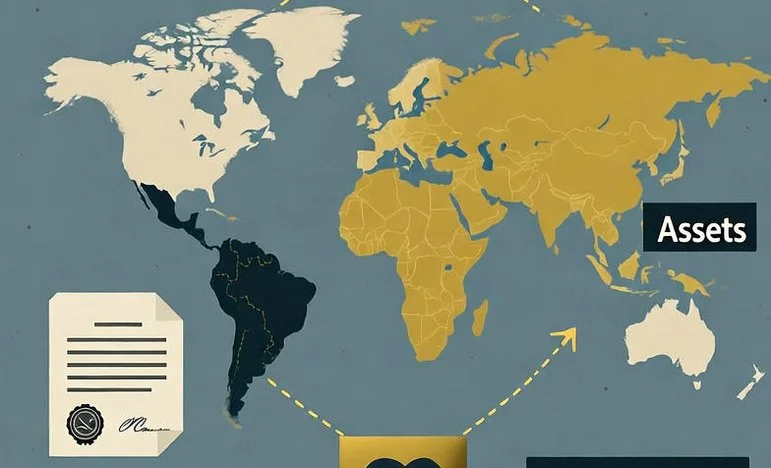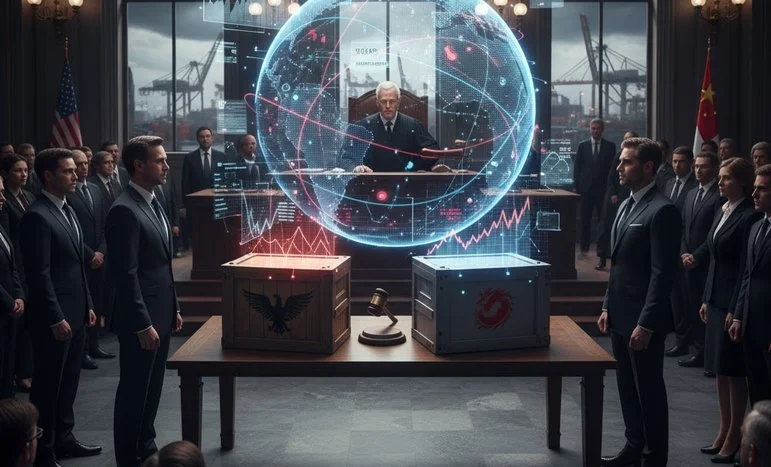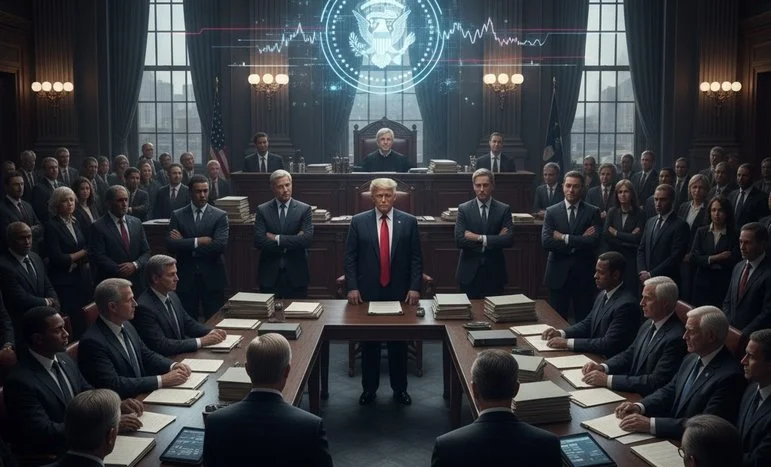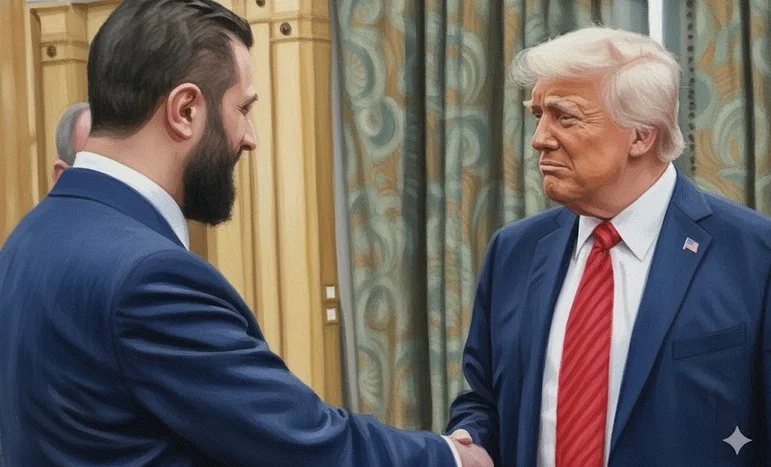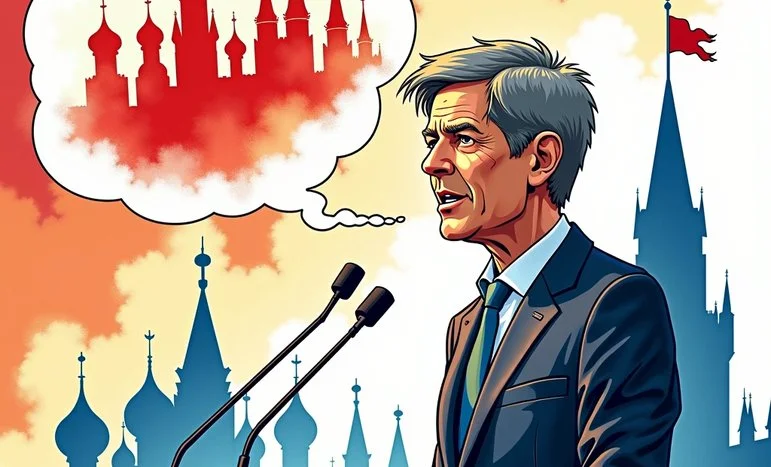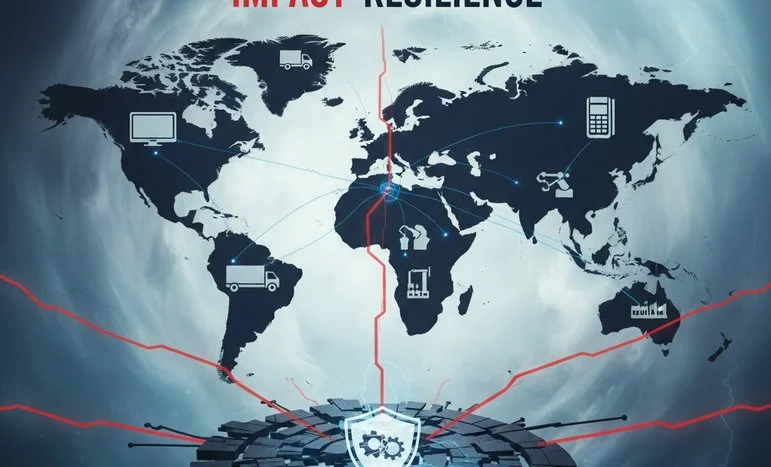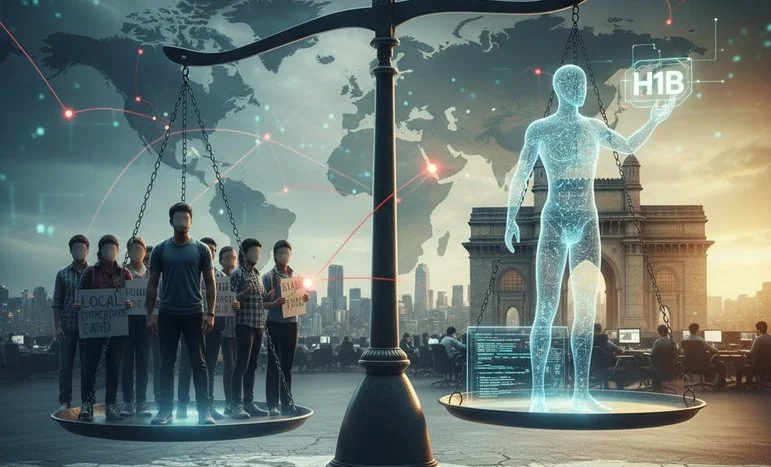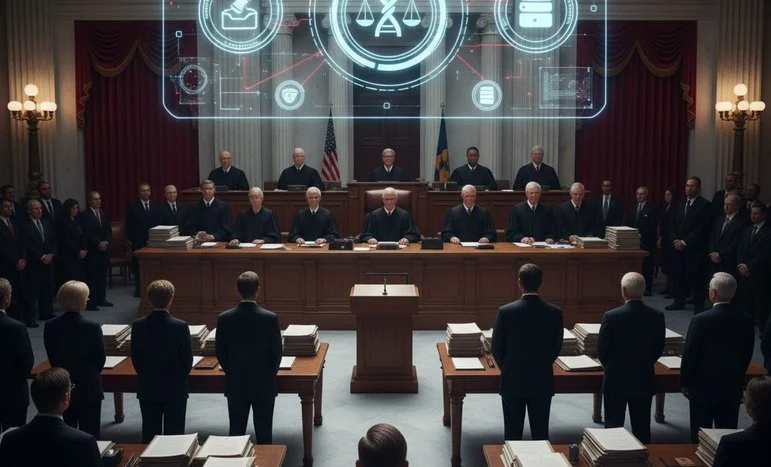
US Supreme Court 2025 Term Kicks Off with High-Stakes Cases
Introduction
The U.S. Supreme Court has begun its 2025 term under intense public and media scrutiny. This session features high-stakes cases poised to redefine areas ranging from trade policy and immigration to executive authority and civil rights. Analysts predict potential seismic shifts in U.S. law and governance, particularly around tariffs, birthright citizenship, presidential powers, and LGBTQ+ rights.
Key Cases on the Docket
1. President Trump’s Tariffs Legality
One of the term’s most watched cases examines the legality of tariffs imposed under the Trump administration. Questions focus on the extent of presidential authority to unilaterally impose tariffs without congressional approval.
Implications include:
- Precedent for future trade policy authority.
- Impact on U.S. manufacturing and international relations.
- Potential challenges in ongoing U.S.-China trade negotiations.
2. Birthright Citizenship Challenges
A second blockbuster case involves birthright citizenship, testing interpretations of the 14th Amendment. Arguments center on whether children born on U.S. soil to non-citizen parents automatically qualify for citizenship.
Potential consequences:
- Immigration policy reform affecting millions of families.
- Shifts in Demographic and social policy planning.
- New frameworks for naturalization and legal rights of children born to foreign nationals.
3. Presidential Powers over Agencies
The Court will also review cases regarding presidential authority to remove executive agency leaders. These rulings may determine:
- The balance between executive flexibility and congressional oversight.
- Limits on administrative independence for regulatory agencies.
- Implications for federal labor, environmental, and trade enforcement.
4. LGBTQ+ Rights and Protections
Finally, significant LGBTQ+ cases focus on:
- Transgender athletes’ participation in school and professional sports.
- Conversion therapy bans in multiple states, challenging debates on personal freedoms versus state-level protections.
Judges’ rulings in these areas could:
- Set precedents for civil liberties and equal treatment.
- Influence federal versus state authority in social and healthcare policy.
- Shape public discourse and corporate compliance in diversity initiatives.
Potential Impact on Immigration and Executive Authority
Legal scholars emphasize that the 2025 term could reshape immigration law and presidential power. Decisions on birthright citizenship and agency control may:
- Alter immigration flows and citizenship rights.
- Redefine the scope of executive action in policy implementation.
- Trigger political realignments as federal and state jurisdictions adjust to new rulings.
Analysis and Expert Opinions
Observers note that this term represents a convergence of trade, civil rights, and executive authority issues unprecedented in recent history. Key insights include:
- Legal precedent set in tariff cases could expand or constrain presidential powers.
- Civil rights rulings may influence both legislative and judicial action in states nationwide.
- Economic implications of trade and agency decisions could ripple through markets, particularly in sectors reliant on federal regulation.
Public Engagement and Media Spotlight
The Supreme Court’s decisions are already attracting significant attention on social media, financial news, and public policy forums. Analysts predict:
- Surge in public discourse on executive authority and individual rights.
- Increased lobbying and advocacy activity from interest groups.
- Heightened scrutiny on subsequent federal and state-level legislative responses.
The U.S. Supreme Court’s 2025 term promises to be transformative, with high-stakes cases that could redefine trade, immigration, executive power, and LGBTQ+ rights.
Observers, policymakers, and citizens alike are closely monitoring developments, understanding that these rulings will have lasting effects on American governance, legal precedent, and social policy.
We appreciate that not everyone can afford to pay for Views right now. That’s why we choose to keep our journalism open for everyone. If this is you, please continue to read for free.
But if you can, can we count on your support at this perilous time? Here are three good reasons to make the choice to fund us today.
1. Our quality, investigative journalism is a scrutinising force.
2. We are independent and have no billionaire owner controlling what we do, so your money directly powers our reporting.
3. It doesn’t cost much, and takes less time than it took to read this message.
Choose to support open, independent journalism on a monthly basis. Thank you.
